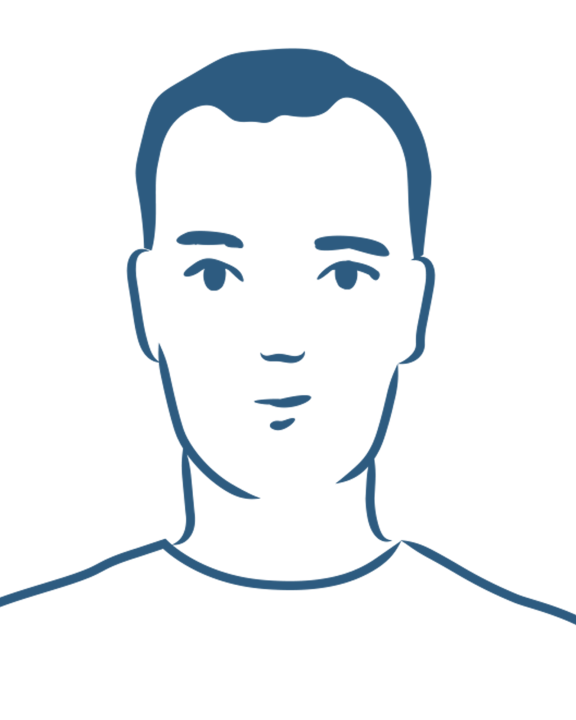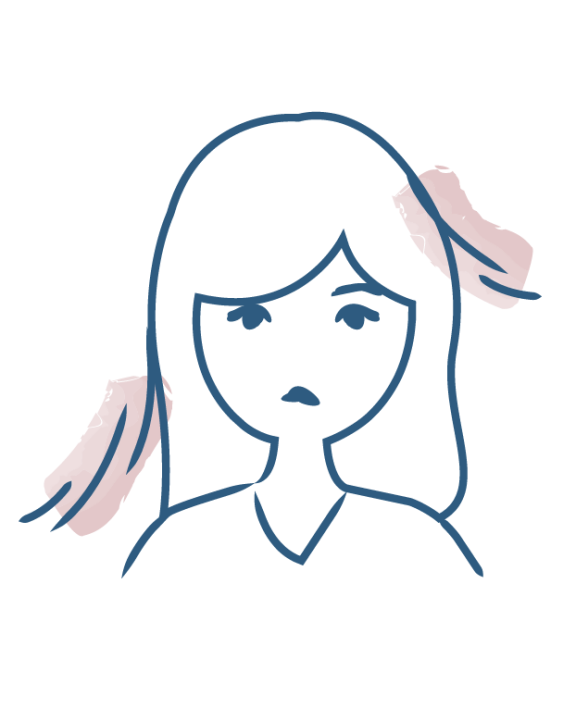Hair loss symptoms
Hair loss and itchy scalp
- The causes of hair loss
- Everything you need to know about seasonal hair loss
- Hair loss: the impact of iron, zinc, vitamin D, C and B12 deficiencies
- Drug-induced hair loss
- Hair loss and menopause
- Secondary syphilis and hair loss
- Hair loss and hormones
- What is traction alopecia?
- Hair loss and genetics
- Hair loss and fatigue
- Hair loss and the pill
- Hair loss due to ringworm of the scalp
- Pregnancy and hair loss: everything you need to know
- Scarring alopecia
- Hair loss and Covid
- Spot baldness and hair loss
- Androgenetic alopecia in women and men
- Hair loss due to stress: reactional hair loss

Hair loss and itchy scalp
An increase in scalp sensitivity and the onset of itching are not uncommon in cases of hair loss. How can this link be explained? What are the other scalp pathologies that trigger itching and can complicate the diagnosis? Let's take a look.
When hair loss is accompanied by an itchy scalp
An itchy scalp during hair loss is frequently observed, especially in cases of androgenetic alopecia. This symptom of hair loss is explained by the inflammation that can occur around the hair follicles, under the influence of androgen hormones. This is known as micro-inflammation as it is not visible and does not cause redness or dandruff, but it does cause itching. Over time, this micro-inflammation damages the structure of the follicles and worsens hair loss.
What diseases cause hair loss and itchy scalp?
Itchy scalp and hair loss are not necessarily linked. An irritated scalp during hair loss should be investigated for other common scalp conditions:
- Seborrheic dermatitis of the scalp, which is characterized by redness covered with white or yellowish dandruff, and by severe itching. In men with androgenetic alopecia, hair loss and seborrheic dermatitis are often associated.
- Scalp psoriasis, which is a chronic inflammatory disease manifested by the appearance of thick red plaques or plaques topped with white dandruff.
How to treat an itchy scalp?
Itchy scalp is very annoying on a daily basis. The goal is to identify the cause as soon as possible and treat it to reduce itching.
An itchy scalp is above all a sensitive scalp. Simple steps in your daily hair care routine can help soothe itchy scalp:
- Choose shampoo and care formulas with a minimum of ingredients, that are hypoallergenic and free of alcohol or other substances that irritate the scalp.
- Choose care products enriched with anti-itching ingredients for optimal efficacy on itchy scalp, which you can alternate with your anti-hair loss shampoo.
- Rinse the shampoo thoroughly and let your hair air dry whenever possible, or place the hair dryer at a safe distance, never on its hottest setting.
More information
- Discover Baldness: hair loss that reveals the scalp
Hair loss symptoms
Baldness: hair loss that reveals the scalp
- Discover Thin hair: how to prevent hair loss
Hair loss symptoms
Thin hair: how to prevent hair loss
- Discover Hair falling out in clumps: the causes of occasional hair loss
Hair loss symptoms
Hair falling out in clumps: the causes of occasional hair loss
Our care routines
Hair loss
- Discover ANTI-OCCASIONAL HAIR LOSS ROUTINE FOR MEN LESS THAN 6 MONTHS
ANTI-OCCASIONAL HAIR LOSS ROUTINE FOR MEN LESS THAN 6 MONTHS
Are you experiencing hair loss?
- Discover Anti-occasional Hair loss routine for women less than 6 months
Anti-occasional Hair loss routine for women less than 6 months
Are you experiencing hair loss?
- Discover My Anti-hair loss for women post-pregnancy and breastfeeding women
My Anti-hair loss for women post-pregnancy and breastfeeding women
Are you experiencing hair loss?


